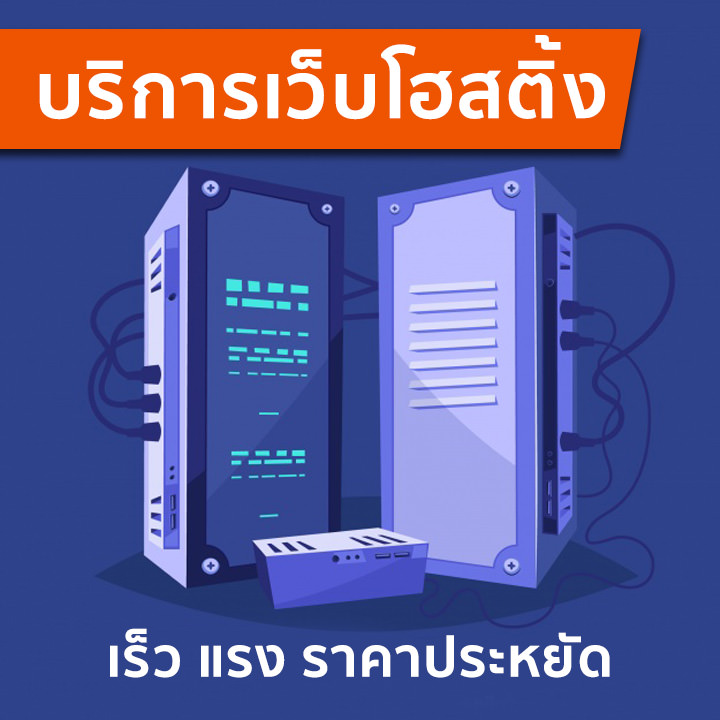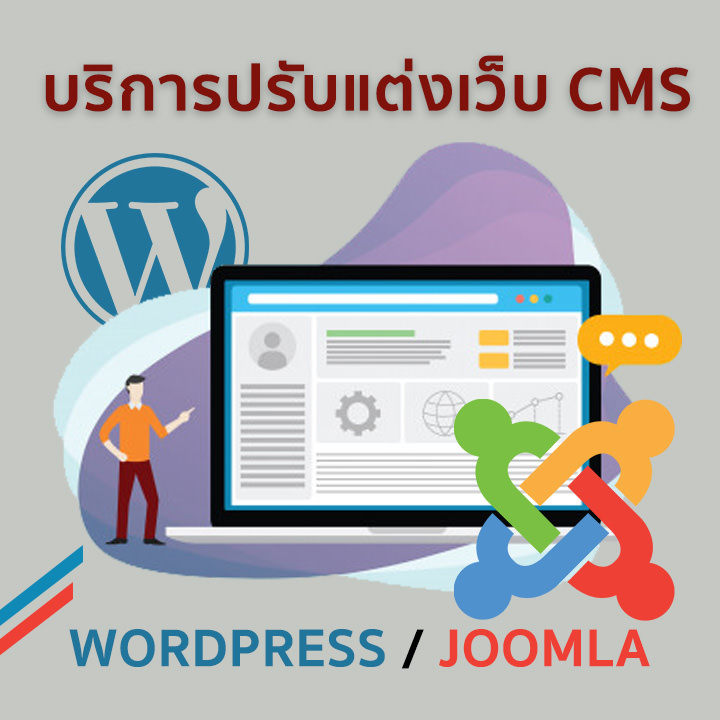Basic Perl Programming
รายละเอียด Course ID: adc-03-07
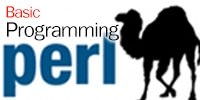
Perl เป็นสคริปต์ที่เขียนได้อย่างรวดเร็วซึ่งสามารถทำงานได้ทุกหน้าที่ของภาษา C โดยหลักสูตรนี้จะมุ่งเน้นการใช้ Scalars, Arrays, Hashes, Control Flow, I/O, Subroutines, Packages, References, Reports, Networking, CGI Programming, และการเขียน Object Oriented Programming
รอบการเปิดอบรม
วิดีโอแนะนำคอร์ส
ไฟล์รายละเอียดคอร์ส
- Basic Perl Programming (Course outline PDF)
- โปรไฟล์ของบริษัทไอทีจีเนียส เอ็นจิเนียริ่ง (โปรไฟล์ไอทีจีเนียส PDF)
วัตถุประสงค์
- รู้จักกับ Perl และใช้งานพื้นฐานได้
- ประยุกต์ใช้งาน Perl กับเว็บแอพพลิเคชั่นต่างๆ
- นำ Perl ไปสร้างเว็บแอพพลิเคชั่นในมีประสิทธิภาพได้
กลุ่มเป้าหมาย
- ผู้พัฒนาระบบ
- ผู้บริหารงานเว็บ
- หรือบุคคลที่สนใจการพัฒนาโปรแกรมด้วย Perl
ความรู้พื้นฐาน
- มีความรู้ในงานคอมพิวเตอร์อย่างดี
- มีความเข้าใจระบบปฏิบัติการ Windows อย่างดี
- มีพื้นฐานการเขียนโปรแกรมอย่างดี
- มีประสบการณ์ในการเขียนภาษา C หรือเชลล์ใน Unix
ระยะเวลาในการอบรม
- 24 ชั่วโมง
ราคาคอร์สอบรม
- ราคาปกติ 10,500 บาท / คน
- โปรโมชั่นลด 10% เหลือ 9,450 บาท / คน
- ราคาเหมาจ่าย (ผู้อบรมตั้งแต่ 10 คน) ตามแต่ตกลงกัน
- ขอใบเสนอราคา
วิทยากรผู้สอน
คอร์สที่ควรอบรมก่อนหน้า
คอร์สต่อเนื่องที่แนะนำ
เนื้อหาการอบรม
ภาพรวมหลักสูตร
- รู้จักการเขียนโปรแกรม Perl
- การจัดการไฟล์ และไดเรคทรอรี่
- การใช้ความสามารถของ Regular Expression
- การสร้าง awk เป็นรายงาน
- การแก้ปัญหาโดยใช้ array
- การนำข้อดีของ Perl ไปใช้กับ UNIX และระบบปฏิบัติการอื่นๆ
- การทำงานกับระบบสื่อสาร และการใช้งานผ่าน CGI
- การแสดงหน้าที่ในการบริหารระบบ
- การใช้ Perl ในการเขียน CGI applications
- การเขียนเป็นโมดูลจากมาตรฐาน Perl
- การใช้โครงสร้างข้อมูล และการอ้างข้อมูลของ Perl
- การสร้าง Object ใน Perl
- การสร้างออปเจค และการนำกลับมาใช้
เนื้อหาหลักสูตร
Module 1 Introduction Perl Programming
- What is Perl?
- Installing ActiveState's ActivePerl on Windows
- Installing Eclipse on Windows
- Installing Eclipse on Mac
Module 2 Perl Quick-Start Guide for Experienced Programmers
- Hello World
- Counting lines in a file
- Using a loop in Perl
- Using subroutines in Perl
- Using Perl's documentation
Module 3 General Syntax
- Understanding how Perl uses whitespace
- Terminating statements with semicolons
- Creating comments
- Best practices for formatting code
Module 4 Variables and Values
- Understanding values and variables
- Declaring numeric variables
- Declaring character string variables
- Declaring lists and array
- Pulling slices from arrays
- Understanding hashes and associative arrays
- Getting value pairs using the each function
- Understanding the undef value
Module 5 Statements and Blocks
- Assigning values to variables
- Using statements and expressions
- Combining statements into blocks
- Understanding scope
Module 6 Conditional Statements
- Understanding conditional statements
- Creating conditionals with if
- Extending conditionals with else
- Extending conditionals with elsif
- Building if statements with postfix conditionals
- Creating negative conditionals with unless
- Using the ternary conditional operator
Module 7 Loops
- Understanding loops
- Creating loops with while
- Creating loops with until
- Iterating lists with foreach
- Iterating lists with for
- Using loop control statements
- Building loops with postfix statements
Module 8 Special Variables
- Understanding special variables
- Using special variables
- Working with special file handles
- Using special constants
Module 9 Operators
- Performing basic math with arithmetic operators
- Creating conditionals with comparison operators
- Combining conditionals with logical operators
- Reading file metadata with file test operators
- Creating a sequence with the range operator
- Combining strings with the concatenation operator
- Streamlining strings with quote operators
- Understanding operator precedence
Module 10 Regular Expressions
- Understanding regular expressions
- Searching and replacing text with regular expressions
- Extracting matches with parentheses
- Matching wildcards
- Matching classes of characters
- Creating arrays with split
Module 11 Subroutines
- Understanding subroutines
- Defining and calling subroutines
- Using arguments with subroutines
- Understanding scope and "my" variables
- Returning values from a subroutine
Module 12 References and Data Structures
- Understanding values and references
- Defining array references
- Defining hash references
- Building mixed data structures
Module 13 File I/O
- Understanding streams and files
- Using file handles
- Using the object-oriented interface for handling files
- Working with binary files
Module 14 Built-In Functions
- Manipulating strings with built-in functions
- Working with numbers
- Manipulating lists and arrays with built-in functions
- Retrieving and formatting time
Module 15 Modules
- Leveraging code with modules
- Understanding object-oriented and procedural modules
- Creating modules
- Understanding object and instance data
- Installing modules from CPAN on Mac and Unix
- Installing modules from CPAN on Windows
Module 16 Documentation with POD
- Understanding POD
- Documenting with POD
- Exploring a POD document
Module 17 New Features in Perl
- Using Perl
- Displaying text with say
- Selecting from multiple choices with given and when
- Keeping persistent variables with state
Module 18 Exploring Web Development
- Exploring CGI
- Using a database
- Developing a module library
Module 19 Conclusion and Exercise
- Exercise and Exam


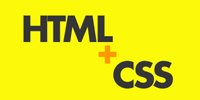 Basic HTML+CSS (คอร์สเขียนเว็บพื้นฐาน)
Basic HTML+CSS (คอร์สเขียนเว็บพื้นฐาน)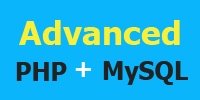 Advanced PHP and MySQL (คอร์ส php mysql ขั้นสูง)
Advanced PHP and MySQL (คอร์ส php mysql ขั้นสูง)





